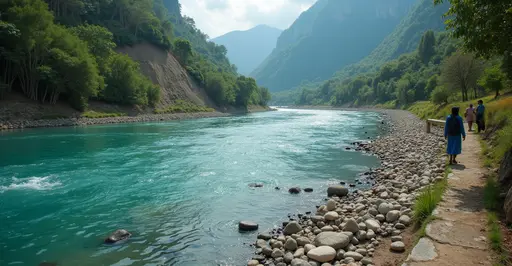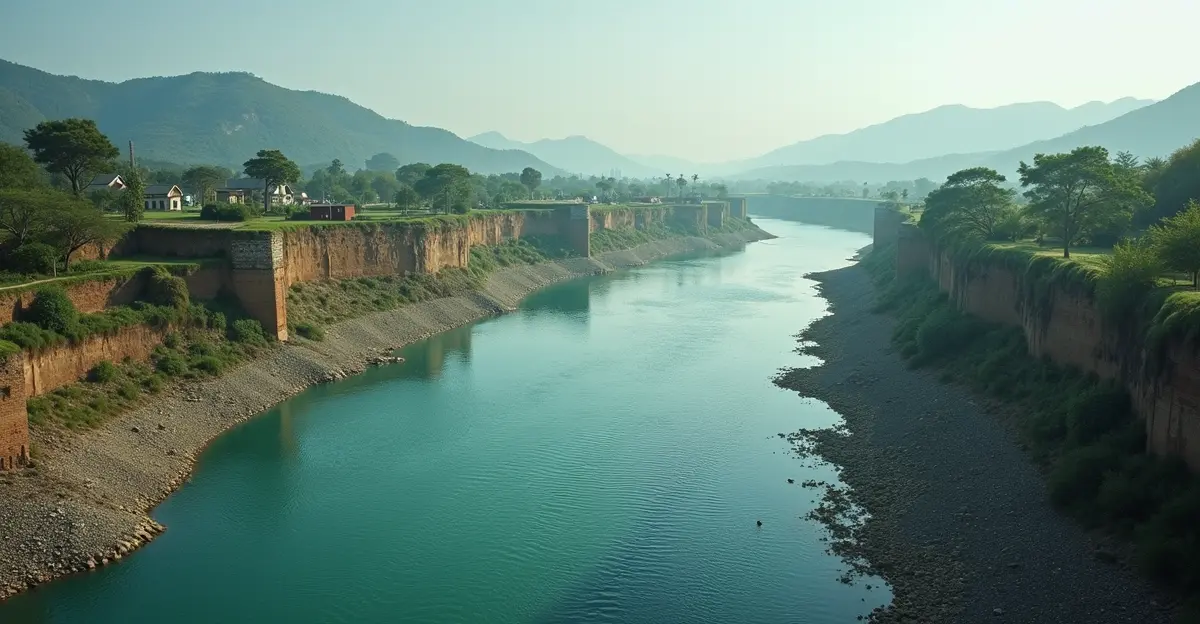Intensifying diplomatic talks address water sharing in transboundary rivers amid scarcity. Recent agreements show progress, but enforcement and funding challenges remain critical for global water security.

Water Scarcity Fuels Diplomatic Negotiations
As climate change accelerates water stress, over 150 countries are engaged in critical negotiations over transboundary river management. These diplomatic talks focus on establishing fair usage rights for shared waterways that cross political boundaries. Key basins under discussion include the Nile, Mekong, Colorado, and Rhine rivers where competing demands from agriculture, industry, and urban populations create tension.
2025 Agreement Breakthroughs
Recent months have seen significant progress:
- The Nile Basin Initiative finalized new allocation formulas addressing Ethiopia's GERD dam concerns
- EU-brokered talks established minimum flow standards for the Rhine River
- Colorado River states agreed to unprecedented 23% usage reductions
- Mekong Commission adopted AI-powered monitoring systems
Economic and Security Implications
Water scarcity now directly impacts $7.3 trillion in global GDP according to World Bank estimates. Military analysts identify water conflicts as critical security threats, with the US Intelligence Community designating 10 river basins as "high-risk" zones. "These negotiations aren't just about water rights - they're conflict prevention," says Dr. Aaron Wolf of Oregon State University's Water Conflict Management Program.
Innovative Solutions Emerging
Negotiators are adopting creative approaches:
Virtual Water Trading
Countries like Jordan and Singapore are pioneering water credit systems where agricultural water savings translate to tradable industrial usage rights.
Aquifer Recharge Banking
Mexico and the US established joint groundwater replenishment programs along the Rio Grande, using floodwaters for managed aquifer recharge.
Indigenous Knowledge Integration
Native water governance models are being incorporated in Canada's Mackenzie River talks, recognizing traditional ecological knowledge.
Remaining Challenges
Despite progress, critical hurdles remain:
- Data sharing disputes in the Brahmaputra basin
- Enforcement mechanisms for the Aral Sea agreement
- Financing $12B in needed infrastructure upgrades

 Nederlands
Nederlands English
English Français
Français Deutsch
Deutsch Español
Español Português
Português






